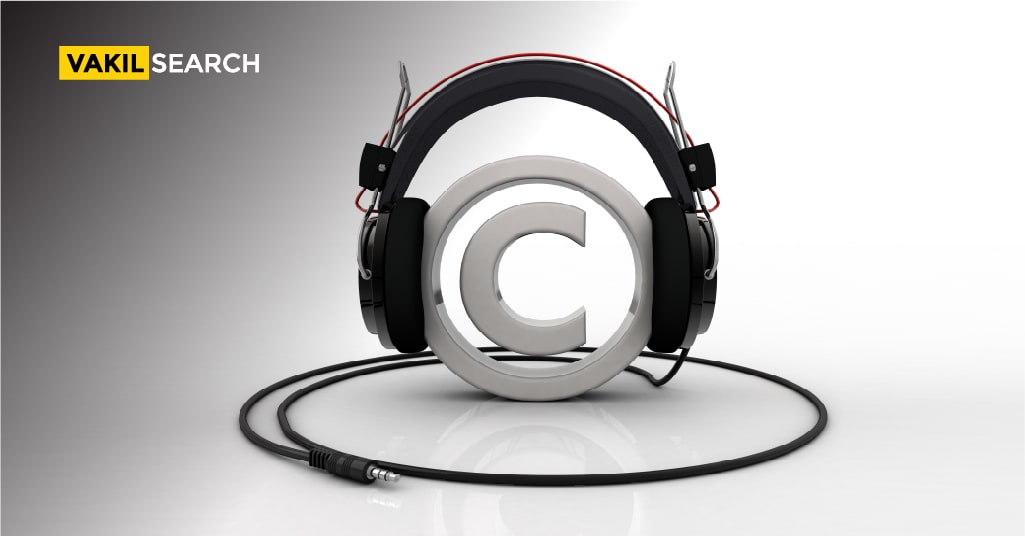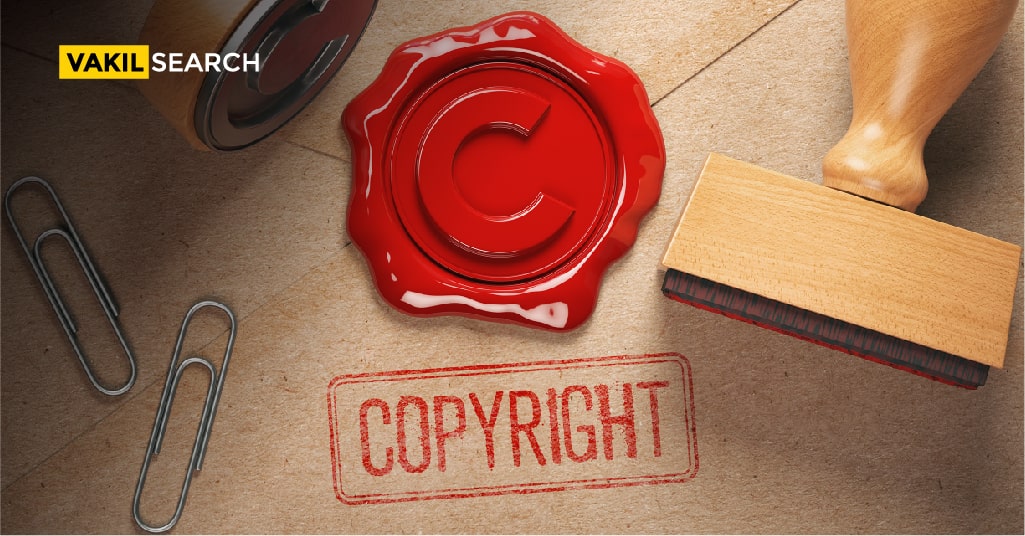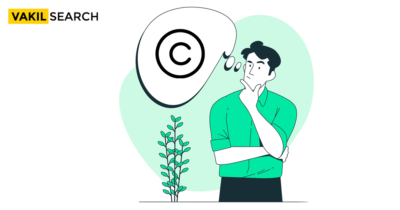Music is becoming a part of daily life as everyone loves to listen to them while doing Work. It is reaching many people across the world. For protection, you need to give copyright for original music.
Copyright for music in India is another form of art through which a person can express their feelings or release stress from the mind to get peace from the daily buzz of life. The meaning of copyright is the protection of songs by their original maker financially. The existence of copyright protection depends on several factors, like the date of publication and many more. This article will teach you how long a musical composition and Copyright Protect Music.
If the author of that music gets dead, then that copyright could exist for around 70 years, while in some cases, it could be 95 years after the date of publication and it may be120 years from the date of creation. Nowadays, we are seeing that old Hindi songs are getting remixed and launched as new songs.
History of Copyrights
The Indian Copyright Law was first introduced under colonial rule in 1847. The copyright law was modified and passed in 1914. The modifications were:
- If someone violates the copyright, it will be considered a criminal offence and given suitable punishment.
- The owner or author has only the right to change or modify their creation or can reproduce yet with changes.
The process of making the law continued till the introduction of the new law in 1957, after the independence era. These all-new laws together are called the Copyright Act. The Act of 1914 was the extension of British copyright, which developed in 1911.
In the later part of 2012, the parliament passed the Copyright Bill. The main aim of this bill is to bring the Indian Copyright Law to the international level and follow the WIPO(World Intellectual Property Organisation) treaties like WIPO Copyright Treaty and WIPO performance and Programme Treaty. The changes which were applied in 2012:
- There were some changes in compliance with WCT and WPPT.
- There were changes in the right to artistic Work, including cinematograph films and sound recordings.
- They were providing safety against internet piracy.
- There were changes in the procedure of getting a licence and assignments.
Laws of Copyright in India
Copyright is a right to the owner over literacy, dramatic, cinematographic works, and sound recordings. This copyright law has been created to get protection from unauthorised duplication. The importance of Copyright law in the following fields:
- Dramatic Work consists of dance, ballet, screenplays, operas, and many more are included in dramatic Work. The Copyright law helps them by preventing the replication of their original creations.
- Literary Work has books, journals, anthologies, newspapers, magazines, novels, software and programs, letters, emails, poetry, lyrics of songs, and dictionary meaning. All types of literary Work get protected by Copyright law.
- The work is related to Copyright music being protected by copyright law so that no other composer claims about that particular song.
- The sound recordings include someone’s speech or song sung by anyone, either with music or without music like audio or any podcast. These are similar to music copyright law.
Who Owns Copyright?
A person’s creativity is fueling the copyright system in which different actors play various roles. Everyone has the right to claim their creation, due to which copyright law was introduced.
The author of any literary, musical Work or song is the source of all the creative industries. The notation ©️ is used to denote the copyright with these musical works. These songs are recorded, performed, and communicated to the public by the following auxiliaries:
- The performer is a singer who performs musical Work and literature.
- The producer helps record the work performance like sound recordings or a master who can communicate it to the normal public.
The Work of these people owns the copyright issue mostly because they are derived from the authors’ rights. For example, a song can be recorded by many different performers, while several different labels can own this song. The publishing right of these songs will be a single person who can claim copyright law if any copy of the song is made. These people are the author or publisher of that particular song.
Duration of Copyright
If the owner of a recording or book dies, then the copyright of Literary and Musical Work can be valid upto 60 years from the date of death of that particular author. If the musical Work is a collaboration of two people, then the copyright will be for 60 years after the last author’s death.
For sound recordings and cinematograph films, the term copyright literary work is valid for 60 years from the start of the calendar year, including the year in which the recording of sound or the film was published first. In the case of performers, they can mark copyright for around 50 years from the day of launch.
The Public Domain
As property rights exist for a lifetime, the ownership of a copyright does not offer for a lifetime. The term copyright is limited after a certain amount of time, and those works will enter the public domain. The public domain not only includes expired copyright products but also which do not have any copyright claim from starting.
You surely get to know that the duration of copyright for the authors is different from the copyright in the sound recording and the cinematograph.
The movies or sound recordings released before 31 December 1959 are now available in the public domain because of their expired copyright licence.
How to Protect Your Work?
Article 17 is all about copyright, in which it has been mentioned that the first owner of the creation will be its author, and they have the right to claim the copyright law for that. Therefore, it would be best to protect your work once it gets released to the market. You can register your literary and musical Work at the Copyright Office against some fee, and this process comes under Section 45 of the Copyright Act.
Conclusion:
In the past, there was nothing like copyright, due to which the author’s creation gets stolen by anybody, and the author could not do anything. After the amendment of performance rights in Copyright Law inspired by British law was introduced, which saved these authors from getting exploited and financial crisis. Later in 2012, India passed a bill of Copyright Act, and with the passing of this bill, every author became happy; now, no one can steal their creation if the author has registered their creation to the Copyright Office. However, Section 51 of the Copyright Act needs to be changed so that they can get rid of the remixes of their music. They must be served by both the owner and composer of the original song.
Also know about: Vakilsearch IP services
Read More,










